About RamRahim Pragati Producer Company Limited (RRPPCL)
In the rain-fed dryland regions of our country, farmers face numerous challenges in getting a fair price for their marketable surplus. RRPPCL was formed to address these challenges by aggregating production and marketing efforts for small and marginal producers.
Challenges in the Ghat Neeche Region
The resource-scarce ghat neeche region of Bagli tehsil in Dewas district is one of the most neglected areas in Madhya Pradesh. Farmers here face obstacles such as:
- Absence of fair markets nearby
- Low penetration of banks and minimal access to formal credit
- Low availability of quality agricultural inputs
- Near absence of government agriculture extension services
- Inadequate warehousing facilities
Formation of RRPPCL
To overcome these challenges, in 2012, SPS facilitated the formation of RamRahim Pragati Producer Company Limited (RRPPCL). The company is owned and run by small and marginal farmers, with an authorized capital of ₹1 crore and a paid-up capital of ₹71 lakhs.
Mission of RRPPCL
The primary mandate of RRPPCL is to link small and marginal farmers with organized agricultural commodity markets. The company empowers women SHG members by:
- Providing facilities to aggregate, store, and sell crops at remunerative prices
- Giving access to high-quality, low-cost inputs
- Engaging them in profitable agricultural activity free from traders and moneylenders
- Guaranteeing a market for Non-Pesticide Managed (NPM) and traditional crops
- Creating opportunities to maintain ownership and control over the value chain
Business Model
RRPPCL products are nutritious, healthy, and pesticide-free. The company promotes Non-Pesticide Management (NPM) practices and markets pesticide-free commodities. Every batch of produce is tested for pesticide residues in FSSAI-accredited laboratories.
Key activities include aggregating produce, storing it under hermetic conditions, grading, cleaning, processing, retail packaging, and negotiating sales in organized markets.
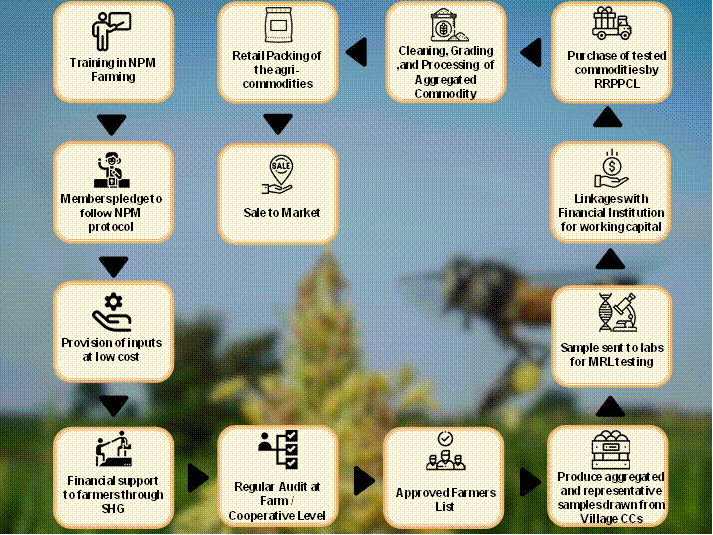
Governance Structure
Management Structure
Organizational Team Chart
Board of Directors
 Parmila Didi
Parmila Didi Madhu Didi
Madhu Didi Tara Didi
Tara Didi Gayatri Didi
Gayatri DidiChief Executive Officer (CEO)

Animesh Mondal
Manager

Shivam Gupta
RRPPCL is comprised solely of Self Help Groups (SHGs) engaged in agricultural production. Women play a crucial role in fixing prices, ascertaining quality, and making payments through banks. The company represents its members at APMC mandis.
Scope and Achievements
Presently, RRPPCL has 390 SHG shareholders and close to 5,880 producers. The company has achieved significant milestones, including:
- Being the first producer company to receive an equity grant under the Small Farmer Agricultural Consortium
- Enlisting in NCDEX as India’s first Farmer-Owned Company
- Winning the Best FPO award by Outlook Group in 2020
Environmental Sustainability
RRPPCL promotes the revival of traditional crop varieties and adoption of Non-Pesticide Management (NPM) practices. These efforts aim to restore agricultural biodiversity, reduce water depletion, and improve soil quality.
FPO
Discover the story behind Ram Rahim Pragati Producer Company Limited.
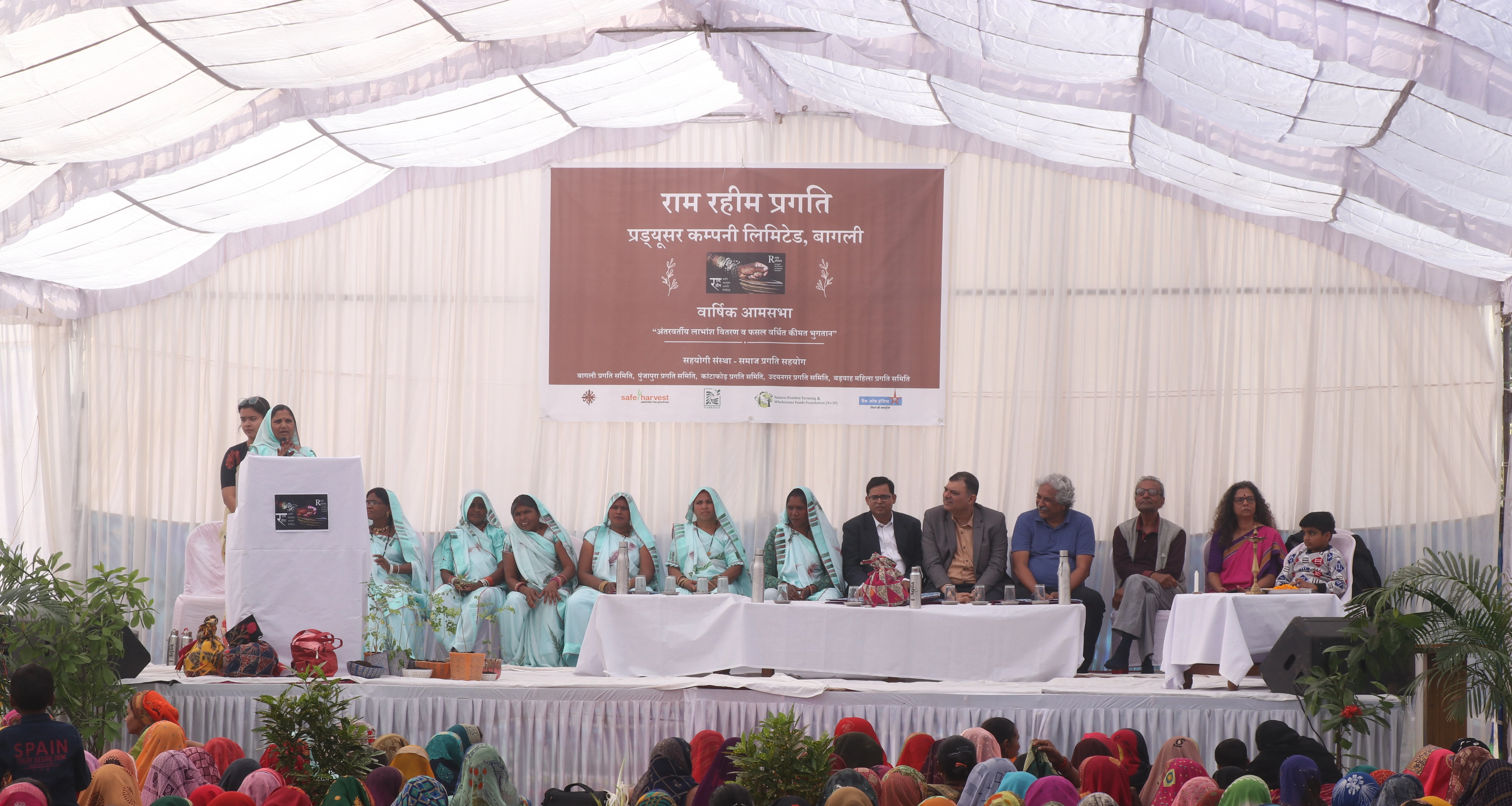
Farmer Producer Organization
Ram Rahim Pragati Producer Company Limited (RRPPCL), incorporated under Part IXA of the Companies Act, 2013, is owned and managed by over 5950 small and marginal tribal women farmers from 390 SPS-promoted Self Help Groups. RRPPCL promotes Nature Positive Management of Agriculture (NPM) and focuses on building a resilient supply chain of pesticide-free agricultural commodities. This initiative aims to promote sustainable farming while connecting small farmers to organized markets.
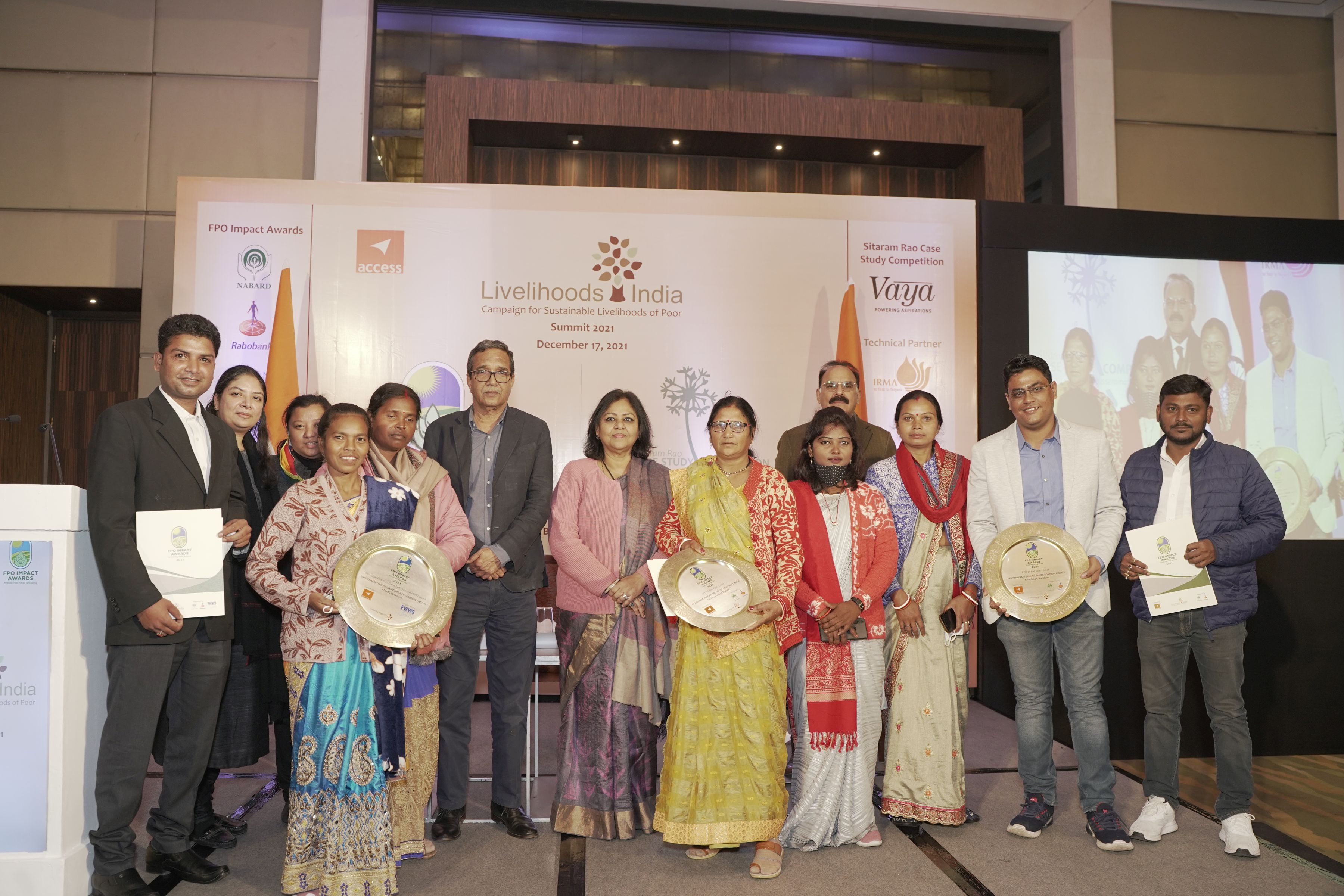
We at Ram Rahim
Company Limited
RRPPCL aims to empower women SHG members by connecting small and marginal farmers to organized agricultural commodity markets. The company is committed to:
- Providing facilities to aggregate, store, and sell crops at better prices
- Offering access to high-quality, low-cost farming inputs
- Freeing farmers from dependence on traders and moneylenders
- Securing markets for Nature Positive Management Managed (NPM) and traditional crops
- Helping farmers retain control over the value chain
How We Work
Our approach focuses on empowering small and marginal farmers through sustainable practices, community collaboration, and creating strong market linkages. Here's how we work together to build a more resilient agricultural supply chain:

Step 1: Founding and Community Engagement
In 2012, RRPPCL was established to address the challenges faced by small and marginal farmers in the Bagli tehsil region of Dewas district. The company focused on building trust and engaging with Adivasi communities, providing them with fair market access and empowering women SHG members.
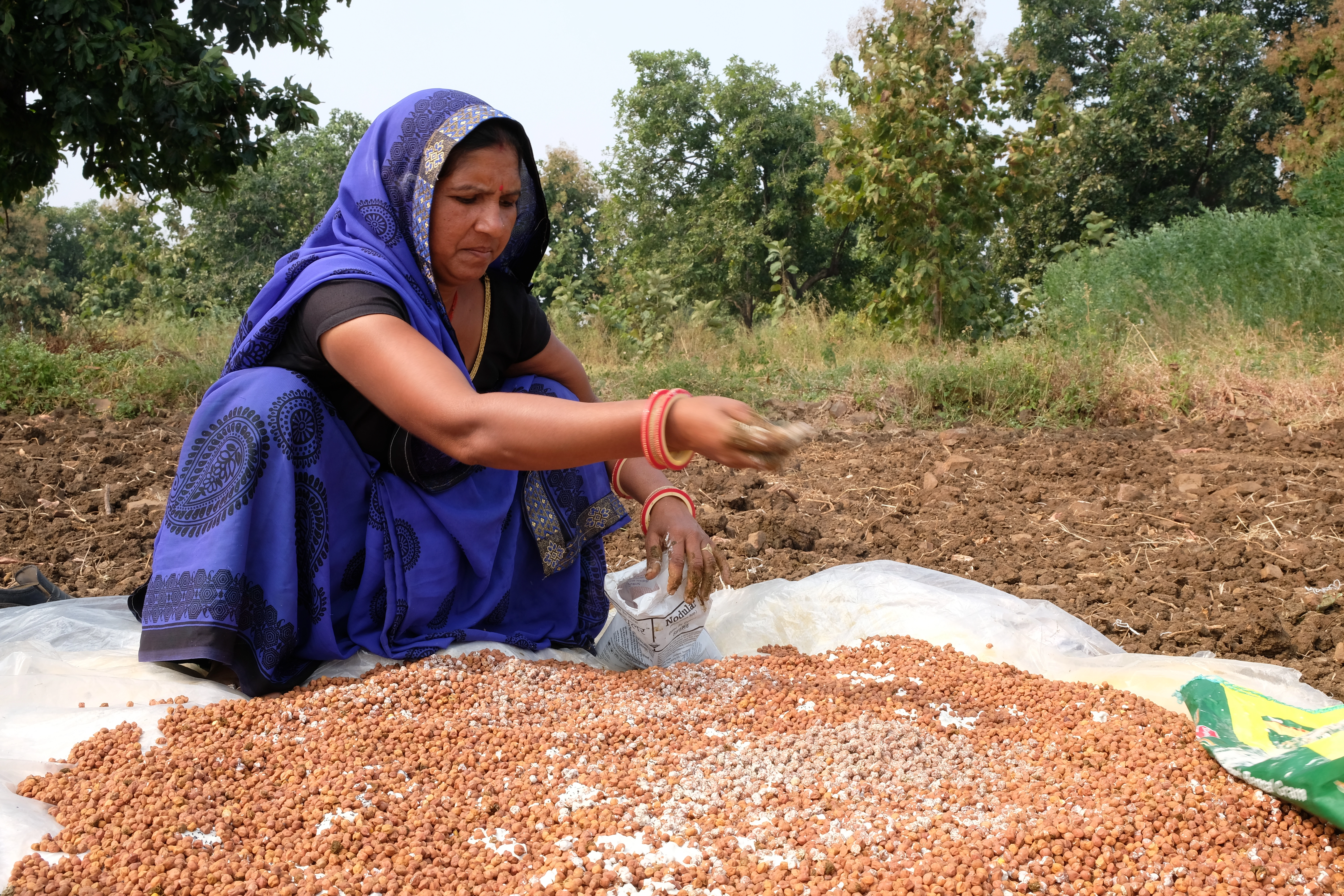
Step 2: Strategy Development for NPM Practices
RRPPCL promoted Nature Positive Management (NPM) agriculture to encourage sustainable farming practices. Our strategy included training farmers in NPM techniques, improving crop quality, and linking them to organized markets.
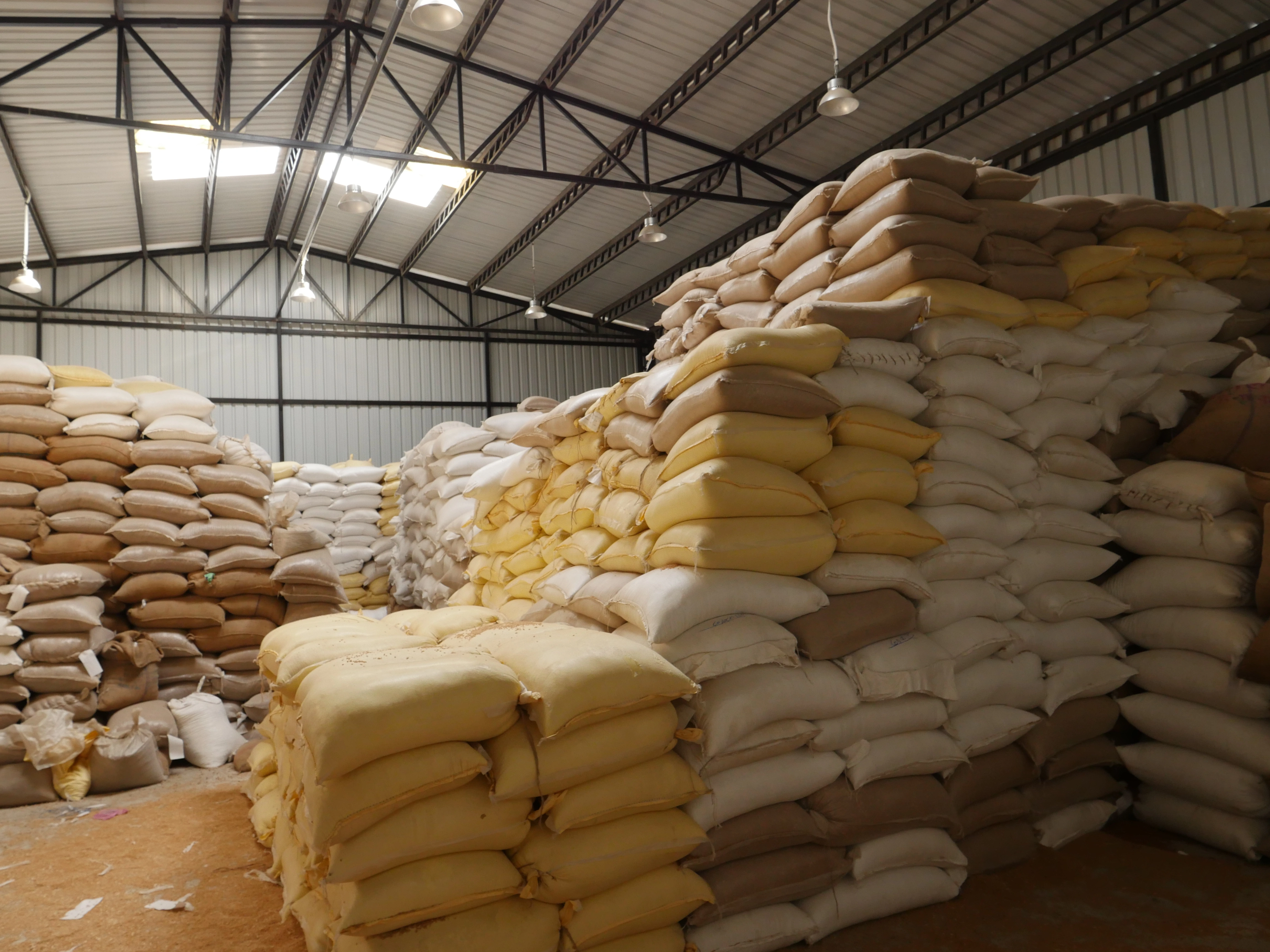
Step 3: Implementation of Aggregation and Storage Systems
We implemented systems for aggregating, storing, and selling crops at remunerative prices. By setting up village-scale collection centers and utilizing hermetic storage solutions, we ensured quality preservation and reduced post-harvest losses.
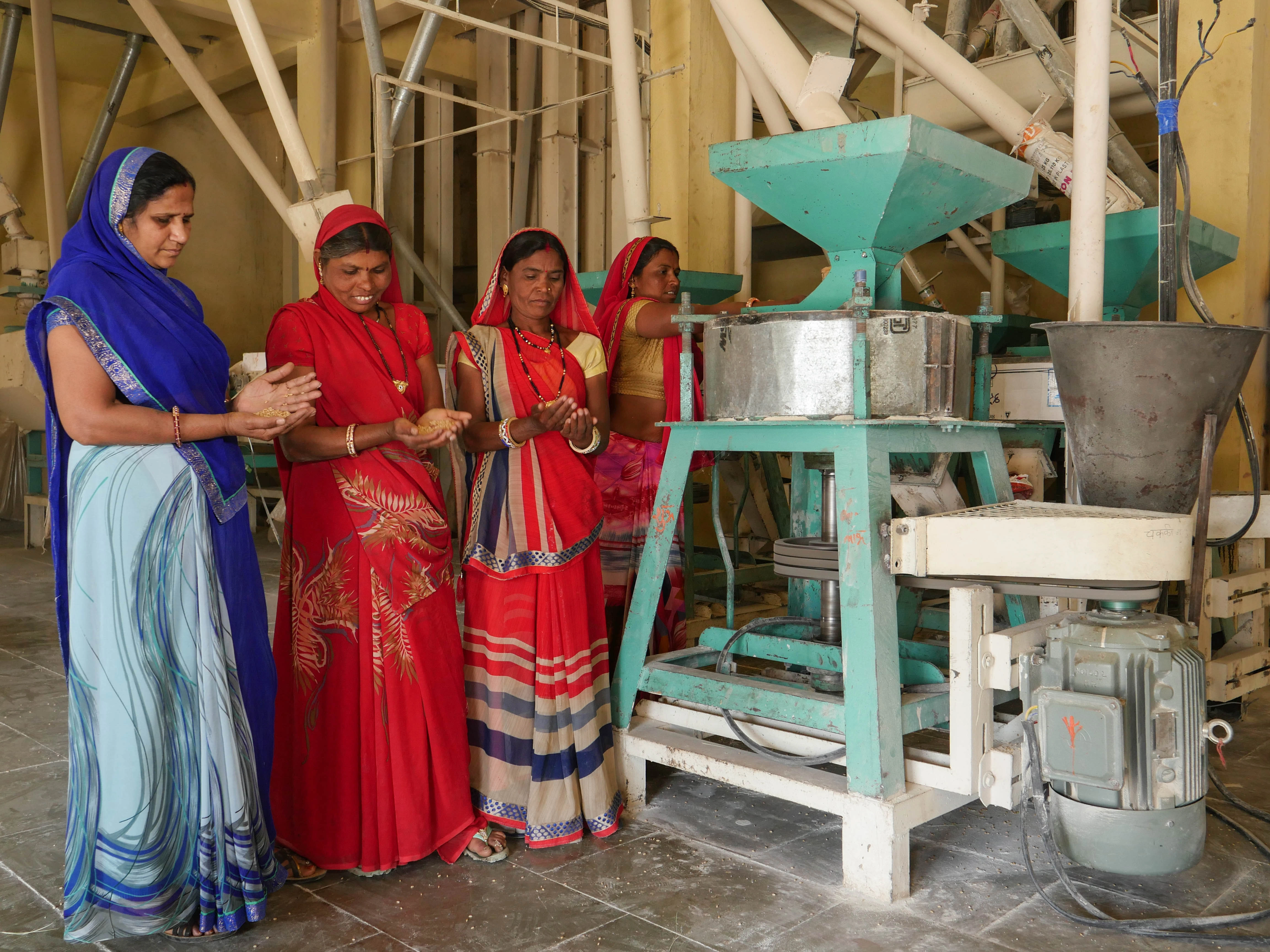
Step 4: Market Linkages and Value Addition
RRPPCL facilitated direct market linkages for NPM commodities, partnering with companies like Safe Harvest Private Limited. We expanded into processing and retail packaging at Avantee Mega Food Park, Dewas, adding value to our agri-commodities.

Step 5: Access to Credit and Financial Sustainability
RRPPCL addressed the challenge of limited access to formal credit by securing loans from alternative sources like Nabkisan Finance Limited and Friends of Women World Bank (FWWB). However, high interest rates remain a concern, highlighting the need for policy reforms to include FPOs in priority sector lending.
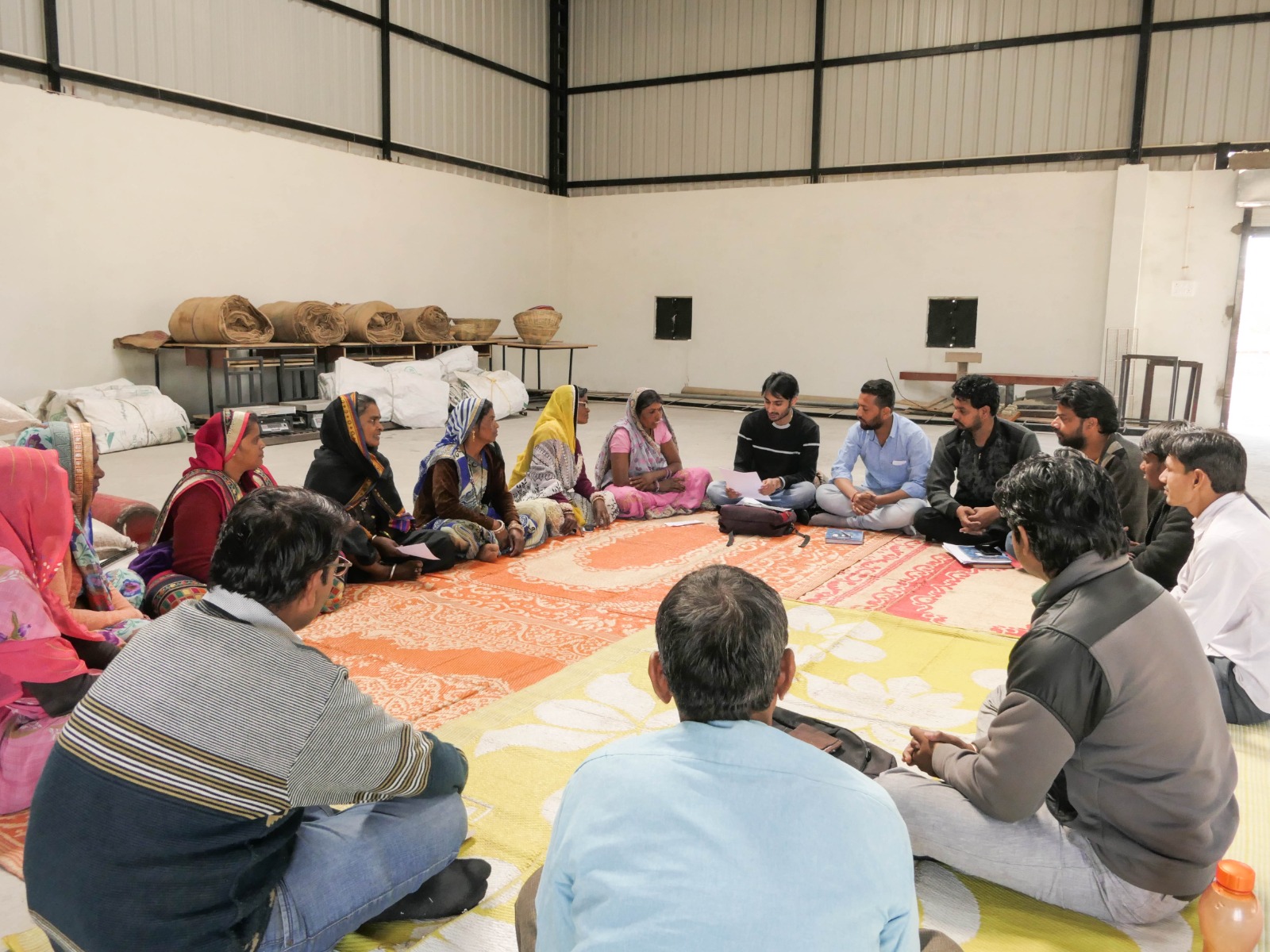
Step 6: Capacity Building and Training
RRPPCL conducted training sessions for farmers, staff, and Board members to enhance skills and awareness about NPM practices, operational efficiency, and governance. Exposure visits and workshops were also organized to empower stakeholders.
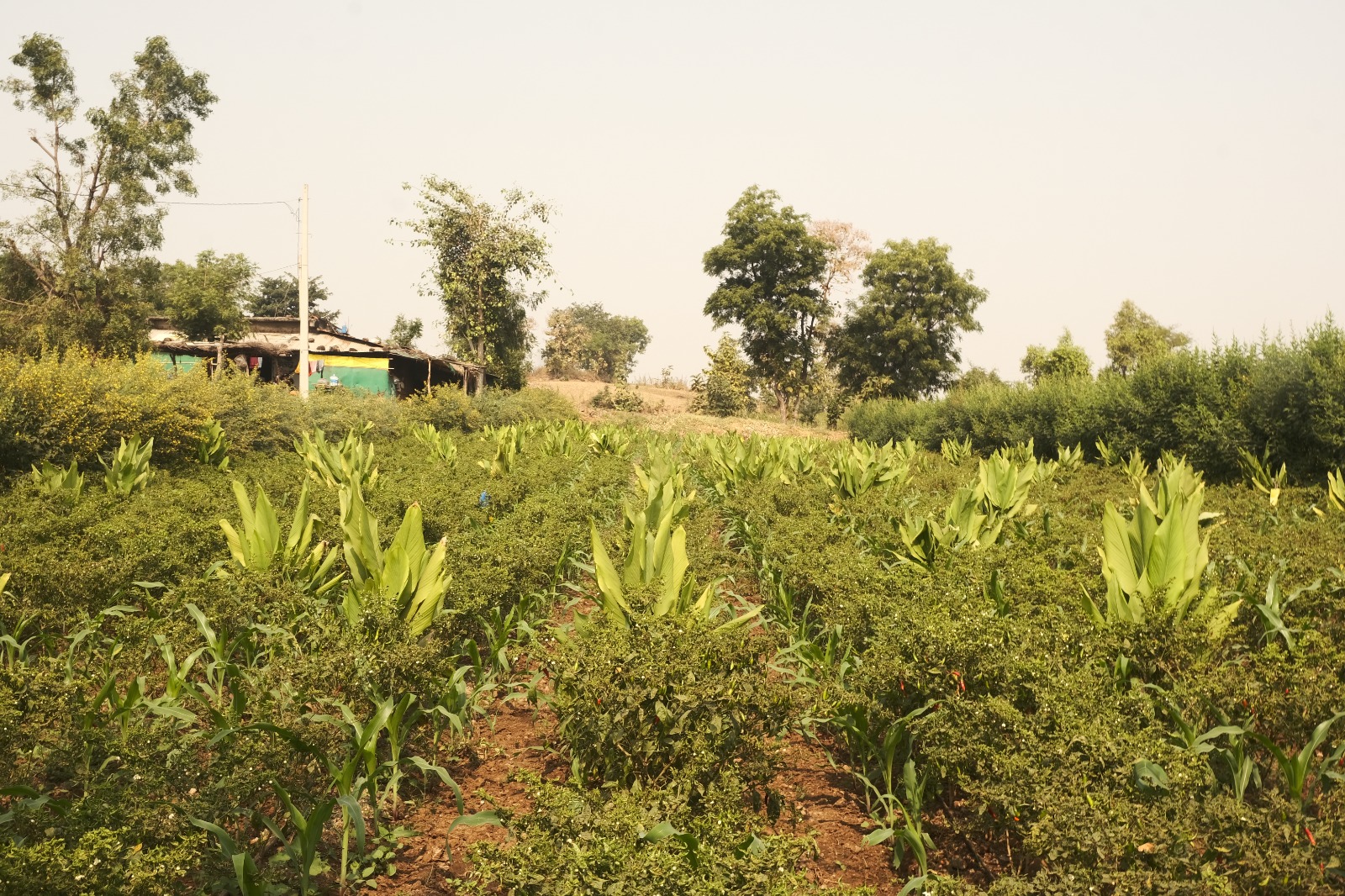
Step 7: Environmental Sustainability and Biodiversity
RRPPCL worked to restore agricultural biodiversity by promoting traditional crop varieties. These crops are less water-intensive, improve soil health, and reduce dependence on chemical fertilizers, aligning with climate-resilient agriculture practices.
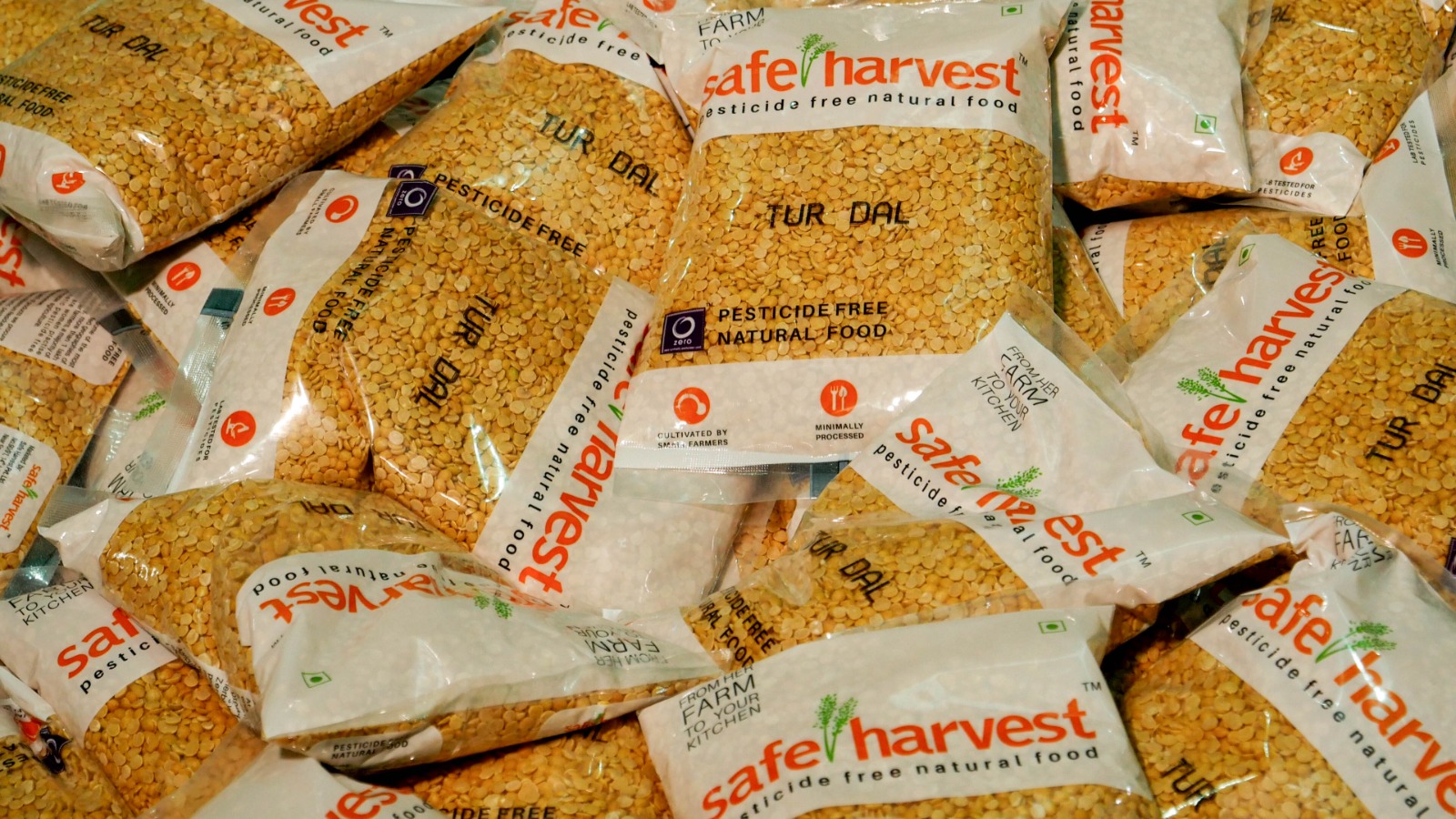
Step 8: Policy Advocacy and Future Vision
RRPPCL advocates for policy reforms, including amendments to the APMC Act and support for niche markets for pesticide-free produce. The company aims to expand its product portfolio, improve infrastructure, and strengthen its position as a leading player in the market.


























